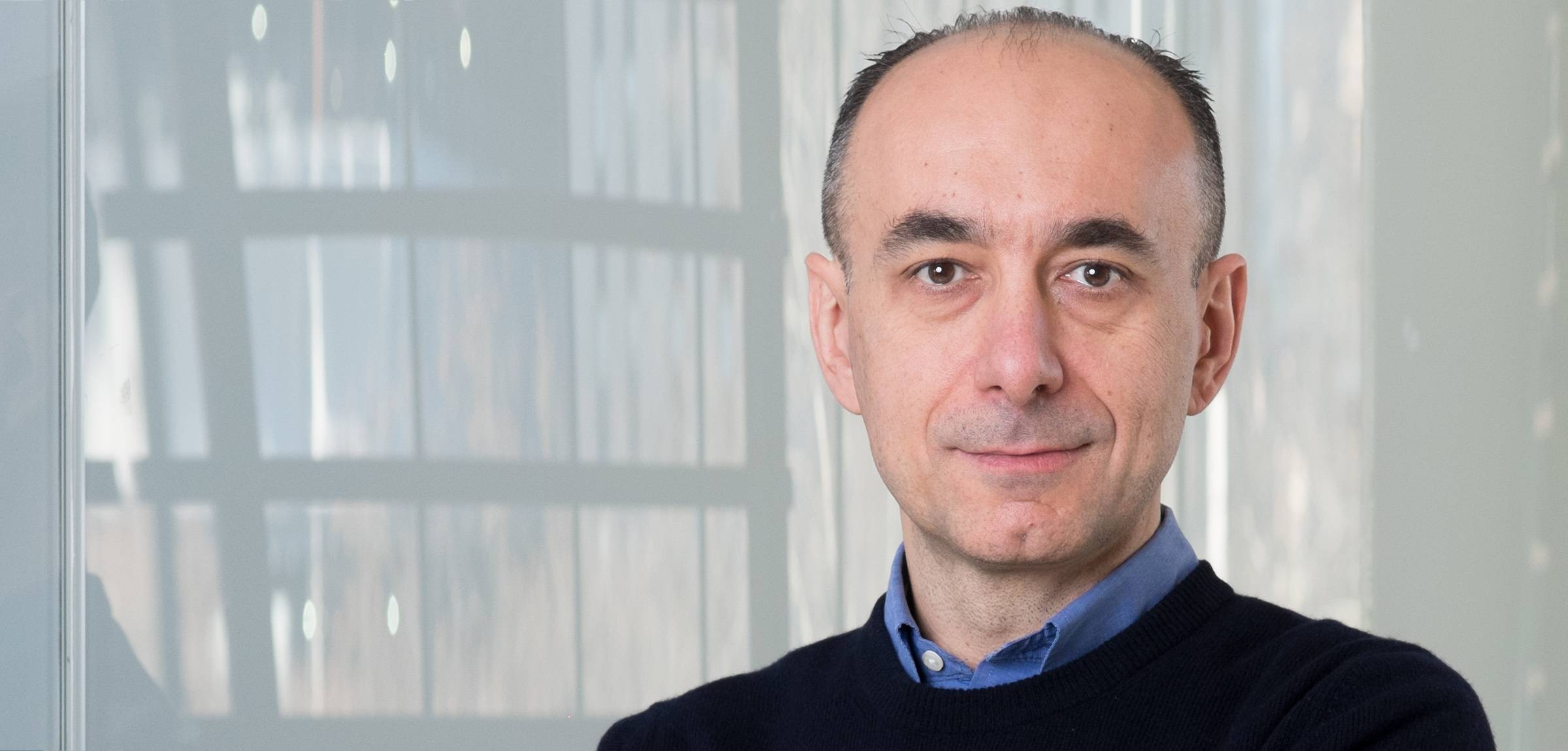Jean-Laurent Casanova, M.D., Ph.D.
Levy Family Professor
Investigator, Howard Hughes Medical Institute
Senior Attending Physician
Casanova studies the human genetic and immunological determinants of life-threatening infectious diseases. He searches for rare and common single-gene mutations that selectively compromise immunity of otherwise healthy individuals who are vulnerable to specific infectious diseases. He then searches for other causes disrupting the same mechanisms of host defense, and thus characterizes the causal mechanisms of life-threatening infectious diseases.
Casanova’s laboratory aims to understand why some children and adults develop a life-threatening or lethal illness in the course of primary infection, while most people exposed to the same microbe remain unharmed. Work in the lab has revealed that so-called inborn errors of immunity, the genetic variants that affect a person’s ability to fight off infectious agents, can confer selective vulnerability to a specific severe infectious disease. These inborn errors of immunity to infection can be rare or common, and can affect children or adults. They reveal causal mechanisms of disease that can be triggered by other factors, genetic or otherwise. This work provides theoretical and experimental support for a human genetic and immunological theory of severe infectious diseases.
With his team at the Imagine Institute of the Necker Hospital for Sick Children in Paris, Casanova’s work identifying and characterizing single-gene defects underlying specific infectious illnesses has broadened the field’s dominant paradigm, which for decades held that single-gene inborn errors of immunity were invariably rare and would only be found in patients with numerous infections. His scientific partner Laurent Abel leads the mathematical “dry lab” at Necker and Rockefeller, whereas Casanova heads the experimental “wet lab” in both locations.
Casanova’s team has uncovered hidden genetic vulnerabilities to various pathogens. Building on their identification of a large group of errors in type II IFN immunity responsible for severe clinical disease caused by poorly virulent mycobacteria, Casanova discovered the first cases of rare and common monogenic forms of bona fide tuberculosis. Since the outbreak of the coronavirus pandemic, Casanova has been leading the COVID Human Genetic Effort, which discovered that insufficient type I IFN immunity to SARS-CoV-2 underlies critical COVID-19 pneumonia. This was made possible by the team’s previous discoveries of rare inborn errors of type I IFN in children with critical influenza pneumonia.
These discoveries have revealed that many immunological circuits that were previously thought to play a broad role in host defense are largely redundant and essential for immunity against one or a few specific infections only. They also revealed that immunity to infection is not provided solely by the cells of the “immune system,” i.e., leukocytes and related cells: it requires many more cell types throughout the entire body, seen as a “whole organism.” They contribute to defining the function of host defense genes in the natural ecosystem in which human populations live and are subjected to natural selection.
Revealing monogenic holes in the host defense of otherwise healthy humans has profound clinical implications, offering many families worldwide the possibility of molecular diagnosis and genetic counseling, as well as treatments aimed at restoring a deficient immune response. Patients with genetically impaired type II IFN production, for example, are prone to tuberculosis and benefit from type II IFN.
Casanova is a faculty member in the David Rockefeller Graduate Program, the Tri-Institutional M.D.-Ph.D. Program, and the Tri-Institutional Ph.D. Program in Computational Biology & Medicine.
